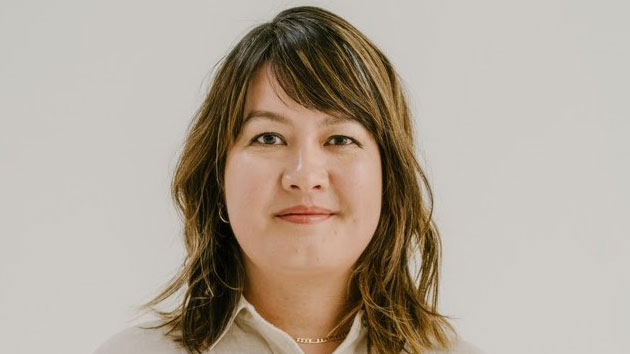In normal times, consumers might not think much about their insurance products. But the COVID-19 pandemic has caused pervasive uncertainty and shifted consumer focus with unmatched speed and magnitude. Individuals are now seeking to understand their coverage, free up money, and address risks. Meanwhile, insurance companies have been scrambling to adapt their operations, expand digital channels, and meet the needs of their customers.
Jennifer Fitzgerald, CEO of online insurance broker Policygenius, has a distinctive vantage point on how the pandemic has affected the insurance industry. She sat down with Alex D’Amico to discuss evolving consumer trends, how carriers have responded, and the innovations that could endure beyond the current crisis.
McKinsey: What patterns have emerged during the crisis?
Jennifer Fitzgerald: We track Google search trends as a leading indicator of consumer interest, and we have seen the highest levels of consumer search traffic ever for life insurance specifically. Compared with the past several years, volumes in the first few months of 2020 are 25 to 50 percent higher. Conversion rates remain strong too. Whenever the top of the funnel increases, you are obviously going to get a lot of folks who are earlier in their journey and lower intent, but we are seeing a strong pull-through throughout the funnel.
While the biggest surge we’ve seen has been for term life insurance, this pattern has extended to other product lines. Demand for disability insurance has increased. On the P&C side, interest in homeowners insurance has surged more than we’ve seen in the past few years. For the P&C products, I think the spike in volume might be from people looking to shop around or save money on their insurance premiums.
McKinsey: What changes are carriers making to their new-business and underwriting processes?
Jennifer Fitzgerald: One of the things that we’ve had to work through with our life insurance carrier partners is availability and consumer sentiment regarding life insurance medical exams. There was some ambiguity with the initial shelter-in-place orders about whether life insurance medical exams qualified as essential businesses. The answer was yes, so exams are still taking place. However, some consumers don’t want the examiner in their house.
This issue is completely new for the life insurance industry, but we’ve seen a lot of flexibility from carriers. For example, some carriers have moved much more quickly on the electronic medical-record side. We’ve also seen carriers increase the face amount that they’re willing to underwrite using data instead of the medical exam. Insurers already have data, including prescription drug history, so options such as a self-testing kit—where consumers could do their own blood testing—are being considered. Overall, I think this has pushed the industry to adopt some changes much more quickly than it otherwise would have, and I think some of those changes are going to stick.
McKinsey: How are carriers handling the risk of adverse selection?
Jennifer Fitzgerald: We are seeing life insurance carriers tighten up their underwriting in response to the COVID-19 risk. Some carriers have temporarily stopped accepting applications from people older than age 70 and postponed applications for anybody who has recently traveled internationally or plans to do so. Others are now requiring the consumer to complete a statement of good health before final policy delivery, attesting that nothing has changed in their health status since submitting the initial application. That statement would give the carriers grounds for contestability in the event of a coronavirus-related death within the first two years of the policy.
McKinsey: Are you seeing products being removed or repriced? Any new products coming to market?
Jennifer Fitzgerald: Life insurers are repricing across the board, but they reprice pretty frequently anyway. At least one, if not a couple of carriers, have actually pulled back on longer-duration term policies—temporarily pulling 30-year term policies because of the interest-rate environment, for example. We aren’t seeing net new products come to market yet.
McKinsey: As a fintech entrepreneur, how have you changed as a leader? What have you had to do to keep Policygenius moving forward?
Jennifer Fitzgerald: We formed a COVID task force that is responsible for daily communications to employees. We use it to share information with employees on not just their working situation but also what it means for the company. We have a lot of employees who are reading the news, hearing from friends who have been laid off, so we’ve had to get in front of that and be thoughtful about the communications that we deliver to the company. We had already developed contingency plans that took into account business resiliency and revenues. But we’ve been spending a lot of time reassessing all of those plans.
The first couple weeks of March were kind of a whirlwind. We were able to move more than 300 employees to fully remote work, including a high-volume customer-operations group. I was in close contact with a lot of other founders and CEOs in New York, and our venture-capital firms were good about doing calls with all the CEOs in their portfolio companies so we could pressure test how we were thinking about the situation.
And thankfully, we’re in a pretty shielded part of the economy. But we’ve also been very, very responsive to all of our carriers, working with them to make rapid changes in new-business operations and how they are approaching this environment. So kudos to all of our life carriers; they’ve been really great partners during this time.



